jward
passin' thru
China conducted first operation with new helicopter carrier, Pentagon leak says
Bill Gertz
Defense Secretary Lloyd Austin and Gen. Mark Milley, chairman of the Joint Chiefs of Staff, were briefed on intelligence regarding a new Chinese helicopter aircraft carrier that is poised to be a significant tool for Beijing’s plan to project power in the region, according to a leaked Pentagon document.
One of three new carriers was employed recently in exercises near Taiwan, and the warships are expected to play a major role in China’s plans to rapidly transport amphibious forces to sites in the South China Sea, and ultimately around the world, according to naval analysts.
The document, part of a trove of hundreds of classified U.S. documents that were reportedly leaked in recent months by a junior National Guard airman on a social media site popular with online gamers, was produced by the J-2 intelligence division of the Joint Staff. Analysts reported Feb. 28 that China’s first large deck helicopter carrier, described as LHA-31 for “landing helicopter assault” ship, had completed its first “operational activity.” The ship is the Hainan, a Type 075 helicopter carrier that carries large numbers of marines, armored vehicles and air-cushioned troop transports.
No other details were provided in the document, which was headlined “Daily Intelligence Update” and labeled “Top secret.”
However, the report coincided with a Chinese state media report on the warship around the same time.
The intelligence report indicates the activities of China’s growing fleet of amphibious warfare ships are closely monitored as tensions over Taiwan continue to rise. Three Type 075 warships — the Hainan, the Guangxi and the Anhu — were all commissioned in 16 months, starting in 2021. The Chinese reportedly plan to produce eight of the helicopter carriers.
Chinese state media released a military video on Saturday timed to the anniversary of the founding of the People’s Liberation Army that featured the Hainan. Forces were shown mustering armored vehicles inside the ship, launching helicopters from its deck, and dispatching air-cushioned troop transports from the stern as part of a war-simulation exercise.
The Chinese Communist Party-affiliated Global Times said the video “highlighted the country’s resolution to shatter secessionist forces on the island of Taiwan.” The video ends with a naval officer ordering amphibious forces ashore, apparently as part of an exercise. The helicopter carrier conducted live-fire combat training in the South China Sea and western Pacific for 30 days and sailed more than 9,000 nautical miles, Chinese Central Television reported March 2.
The Hainan sailed with a Type 052 guided missile destroyer and a Type 054 guided missile frigate from Zhangjiang, in southern China’s Guangdong Province in late January.
The second helicopter carrier, the Guangxi, took part in recent war games around Taiwan held following the meeting earlier this month of House Speaker Kevin McCarthy and Taiwanese President Tsai Ing-wen in California, China Central Television reported.
Based on Marine design
Defense analysts say China’s Type 075 helicopter carriers are based on the design of the Marine Corps’ America-class landing helicopter assault ships, a key expeditionary warfare capability. The U.S. crafts’ firepower and warfighting capabilities are said to be greater than those of the Hainan and two companion carriers the Pentagon calls Yushen-class warships.
The 778-foot deck of the Yushen carriers can be used to launch up to 28 helicopters and drones, and the carriers also are armed with surface-to-air missiles, and 30-millimeter guns.
The Pentagon’s most recent annual report on the Chinese military said the Hainan was commissioned in April 2021 with the two others commissioned in December 2021 and January 2022.
“The Yushen-class are highly capable large-deck amphibious ships that will provide the [Chinese navy] with an all-aspect expeditionary capability,” the report said, noting they carry a large number of landing craft, forces, armored vehicles, and helicopters.
The report said the Chinese military has stepped up preparations for a Taiwan invasion: “Significant reorganizations and amphibious assault training in recent years likely indicate that the Taiwan contingency is a high priority for the army, ” and the Yushen-class carriers “would play a key role in an amphibious seizure” of Taiwan, the report said.
A new class of amphibious assault ship called Type 076 is also under construction and will be equipped with electromagnetic catapults to support fixed-wing aircraft and make it more like an aircraft carrier.
A report by the Naval War College China Maritime Studies Institute said the Type 075 carriers represent a significant advance in power projection capability for China’s military.
“Despite the general hype over the Type 075’s future use overseas, it also offers the [People’s Liberation Army Navy] and the joint forces a useful aviation support platform for operations closer to home, such as in supporting and potentially enforcing PRC claims with military force in the South China Sea,” the report said.
The carriers could leapfrog infantry throughout islands in the sea, the report added.
“The Type 075 also has certain utility in a joint island landing campaign across the Taiwan Strait but is not the type of vessel optimized for large-scale delivery of combat forces in high intensity contested and confined battlespace,” the report said.
London-based Janes, the private defense and intelligence analysis service, said in a recent report that the Chinese are seeking to copy Marine Expeditionary Units, by adding 30,000 personnel in recent years to its marine forces.
“Without foreign air bases and with limited aircraft carriers, China has a limited capability to project airpower beyond limited amphibious operations using its Type 075,” the report said. “Type 075s, in conjunction with Type 071 landing platform docks and other, smaller landing ships, may be able to conduct limited amphibious operations overseas.”
Lack of helicopters, however, will limit amphibious assault capabilities until 2030, the report said.

Pentagon leak says China conducted first operation with new helicopter carrier
Defense Secretary Lloyd Austin and Gen. Mark Milley, chairman of the Joint Chiefs of Staff, were briefed on intelligence regarding a new Chinese helicopter aircraft carrier that is poised to be a significant tool for Beijing’s plan to project power in the region, according to a leaked Pentagon...


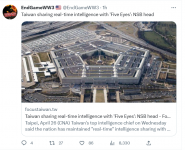
/cloudfront-us-east-2.images.arcpublishing.com/reuters/SUWVIXAKWBKZFEUTSWVOKWPTDQ.jpg)

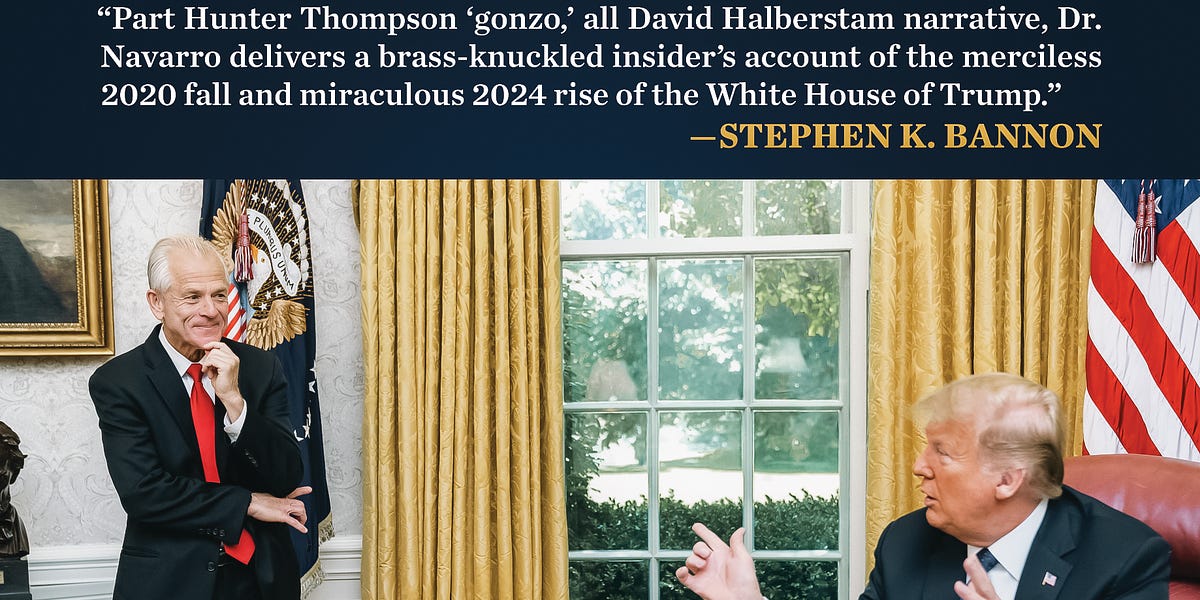
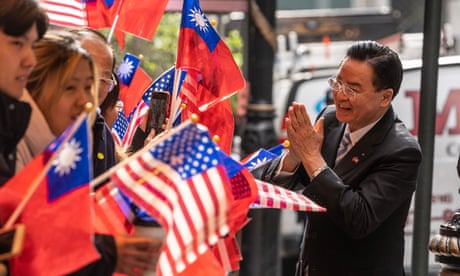
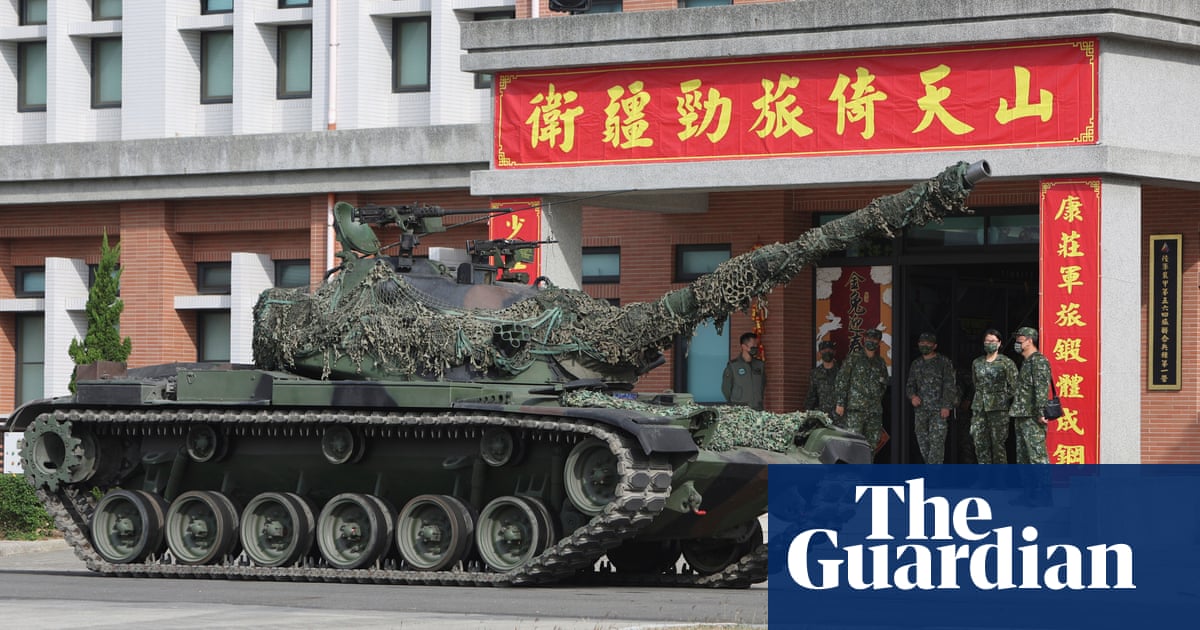
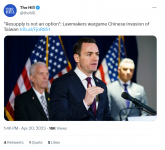
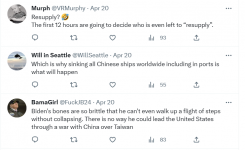

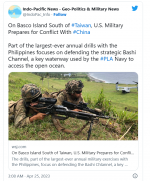
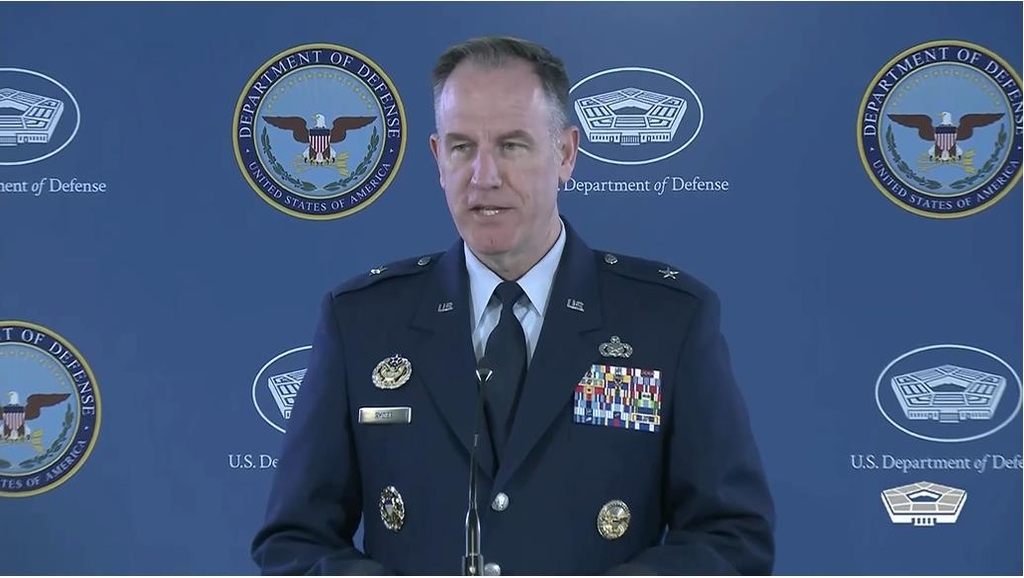
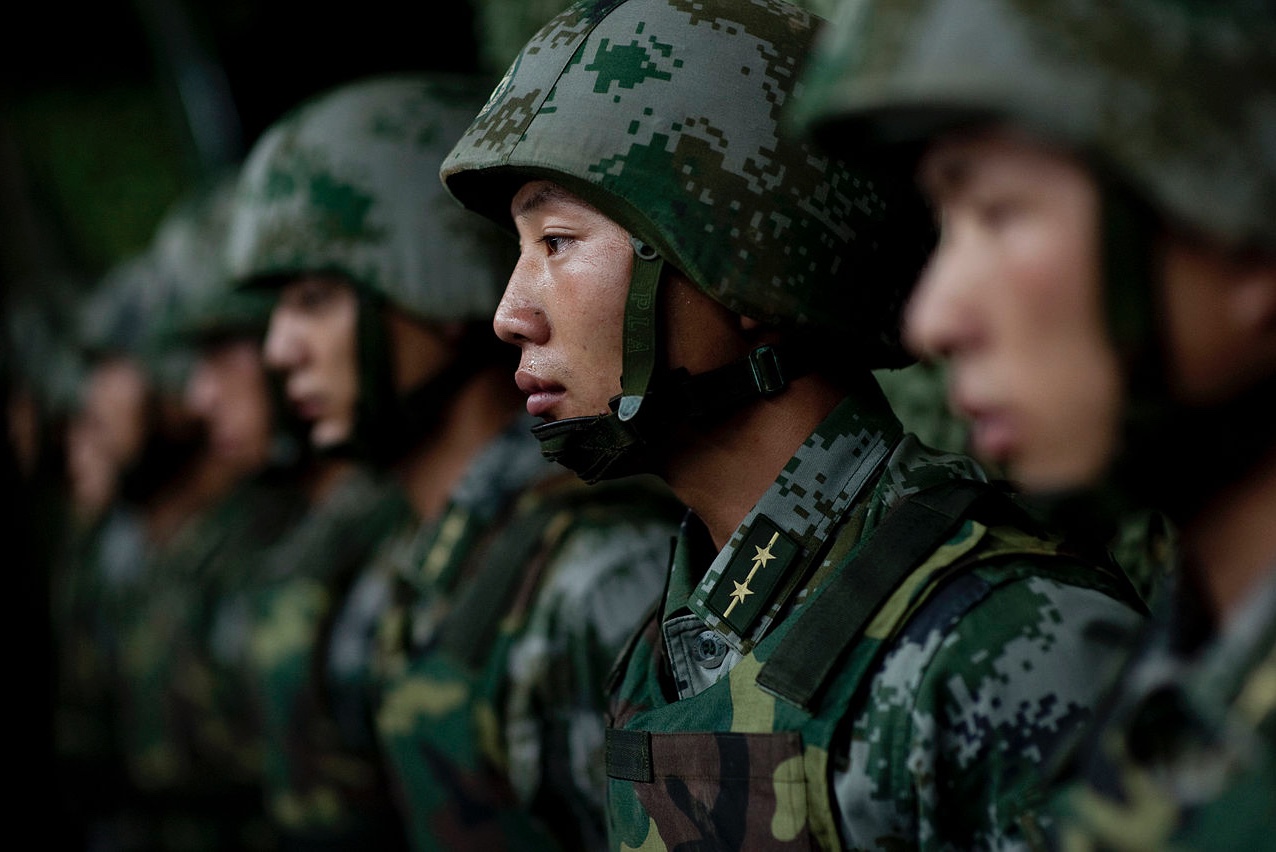

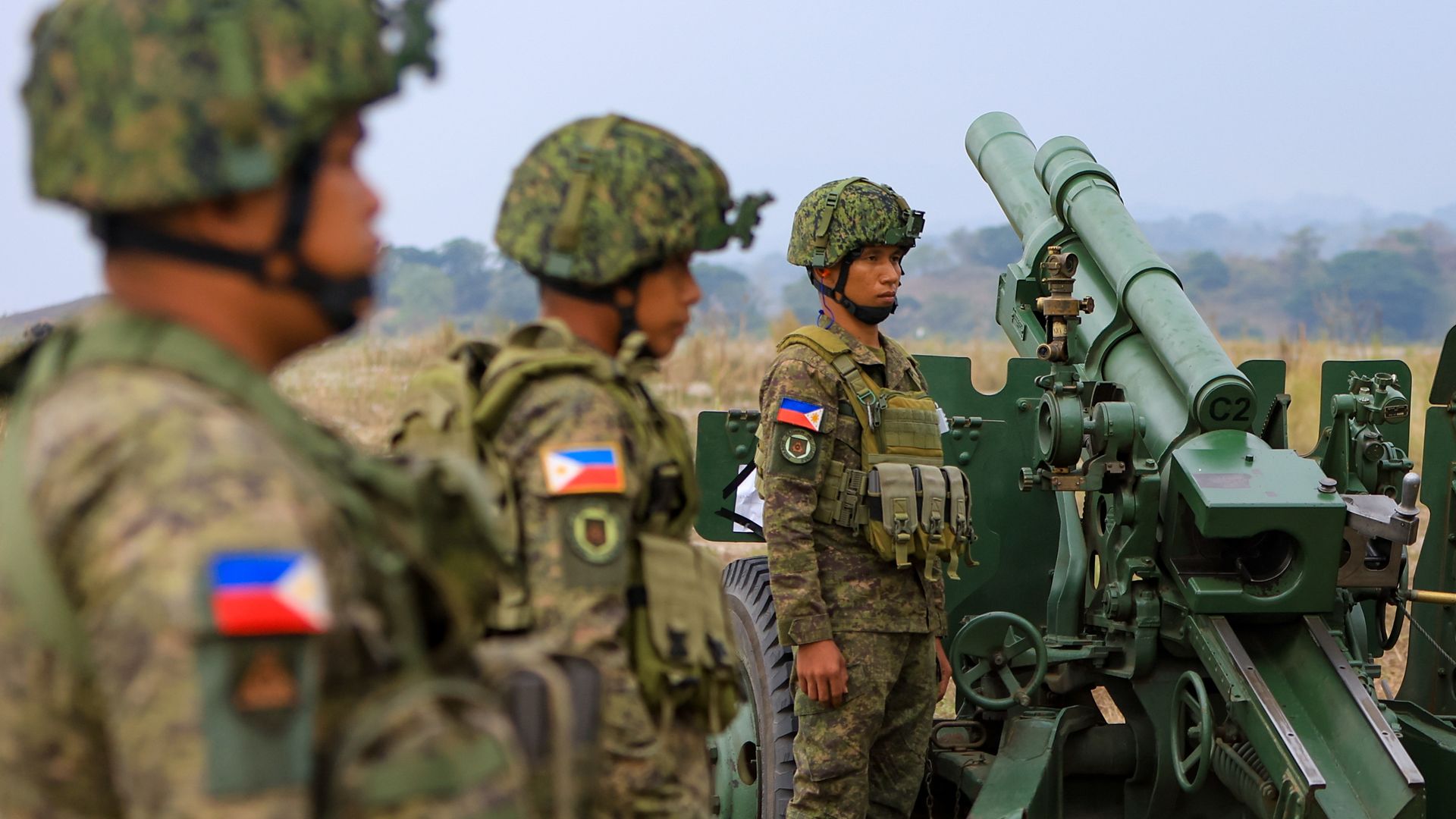
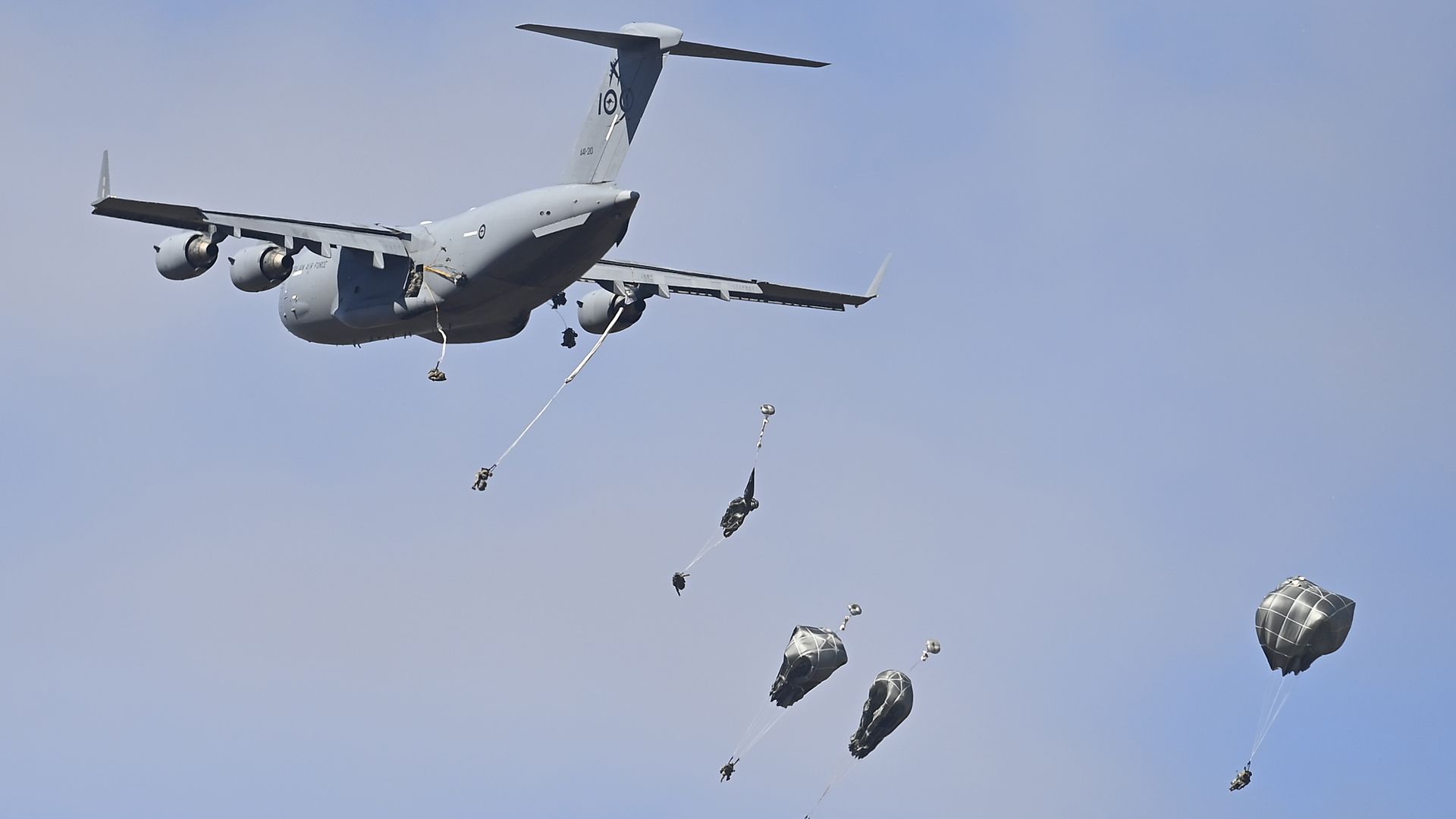
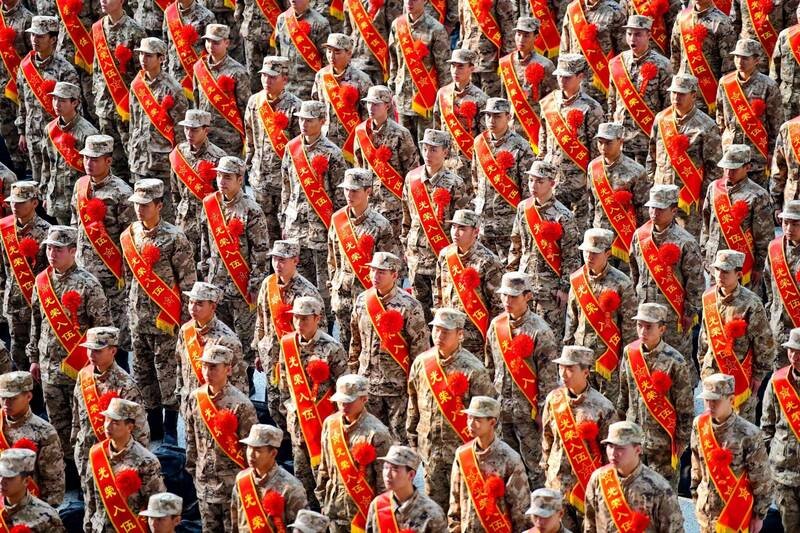

/cloudfront-us-east-2.images.arcpublishing.com/reuters/EUSIQDRZOVMQVBLVJSG3SRY4GA.jpg)
